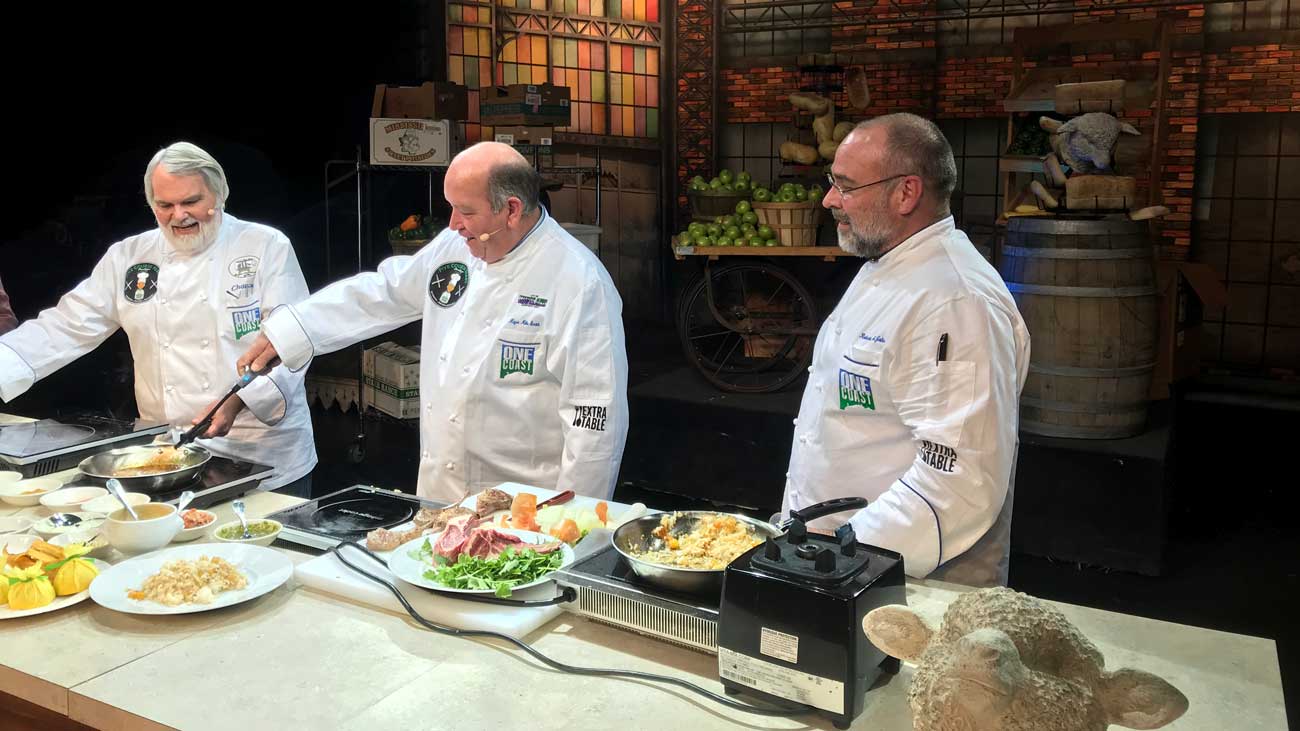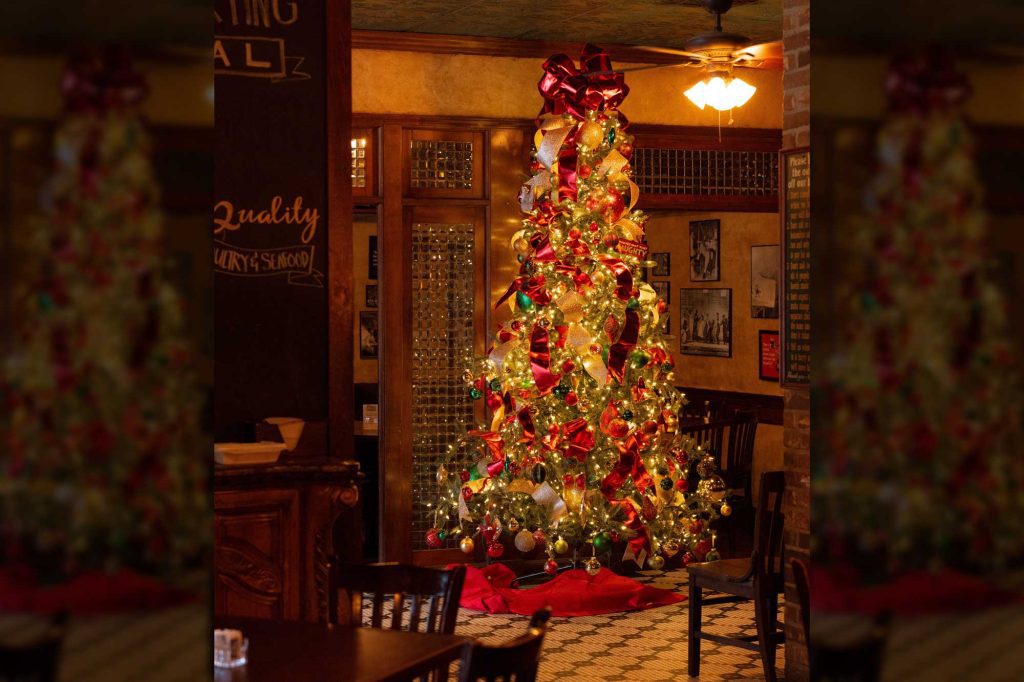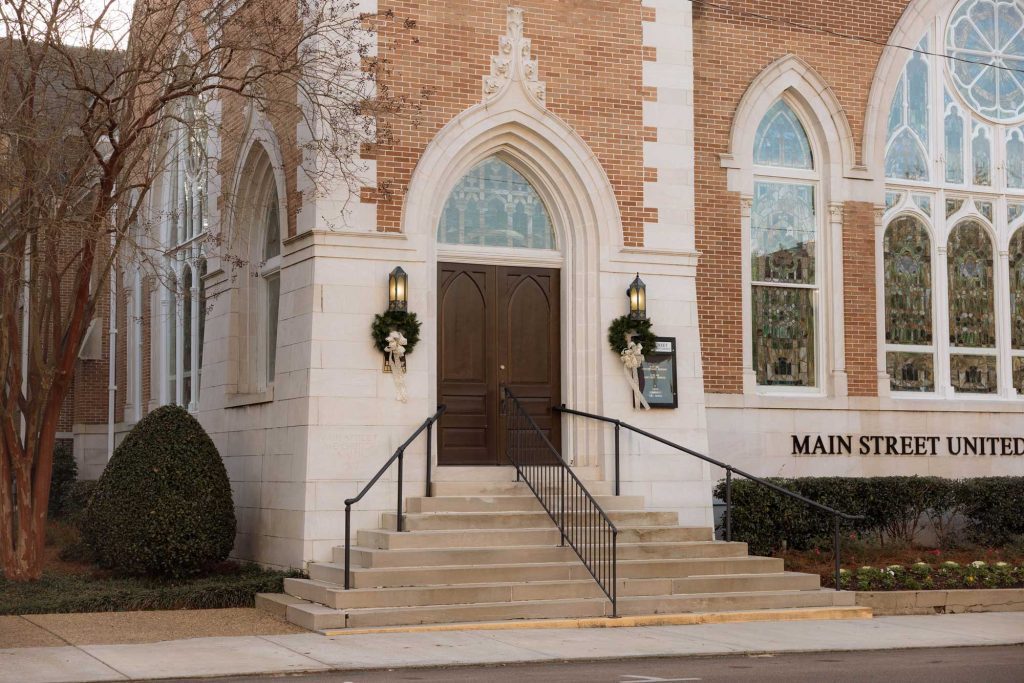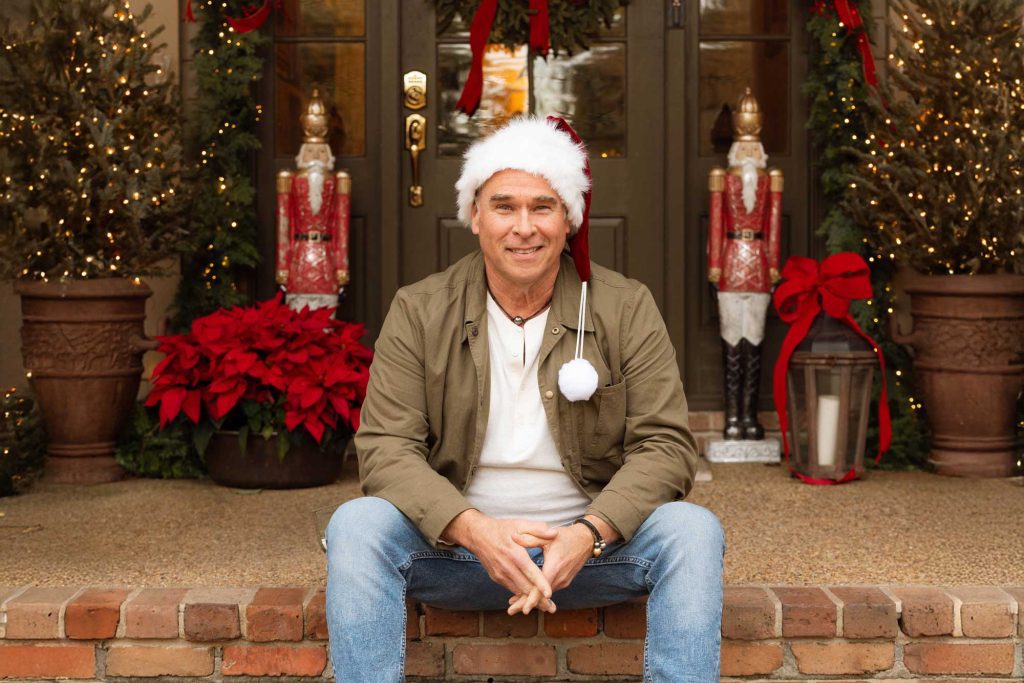Over the course of my 30-year restaurant career, I have seen several generations enter the jobs market.
I was born near the end of the baby boom. We grew up in the idealistic days of the late 1960s and early 1970s and came of age in the me-filled 1980s. We weren’t interested in much more than what was immediately within our reach at that moment, but we weren’t afraid of hard work.
My first hires at The Purple Parrot Café in 1987 were the restaurant-industry contemporaries I had been working with at other restaurants and children of the post-war boomers. Everyone was in his or her 20s and most had a great work ethic. We worked long and hard hours getting the restaurants opened, and many showed up after-hours and worked off of the clock doing pre-opening duties that needed to be done to help a guy who was working 90-hour weeks open his first business.
In the early to mid 1990s the Generation Xers entered the workforce and something changed. I noticed a lack of drive. Many— not all— in this group seemed to feel as if they were “owed” something. Some had the attitude that “pay” should just be given without any work in return. In our experience, the labor market took a dive during that period, and I started to become disenchanted with the future of my business and the future of this country.
Then something happened on the way to Armageddon. The Millennials were born.
Today’s twentysomethings give me hope. They have work ethic and drive, but they also have heart. I know this because I employ over 200 of them.
Today’s youth are socially conscious. They are plugged in to the problems of the world and they want to be key components in the solutions. Many generations before— mine included— were either a part of the problem, or threw their hands up and ignored the issues. Not so with many of today’s young people.
As I write this I am in the middle of a four-day marathon of pop-up restaurants and charitable fundraising. As most of you read this, the events are already over.
To recap, we moved two entire restaurants to Jackson, Miss. and set up shop in the Mississippi Museum of Art— lunch and dinner, two entirely different menus— for four days. Those of you who have been in the restaurant business know what an enormous task that is. I have been doing this for over three decades and I knew it was going to be hard, but even I had no clue as to how challenging it would be.
Enter the Millennials. These guys took the challenge head on and owned the task, partially because it seemed fun and out-of-the ordinary, but mostly because it was for two good causes. It certainly wasn’t for the money.
In the four days leading up to the event, most of the kitchen crew worked their typical 8-10 hour shifts in the restaurant and then stayed on, sometimes until four or five in the morning, to prepare for the off-premise marathon of charity pop-up events. The shifts during the pop-ups are all doubles, hard doubles, morning and night, in a different environment. The Millennials—our staff— don’t care. They are truly in it for the greater good.
These are the people who, when asked, “Why do you want to work here?” during interviews for employment positions don’t answer by saying, “I just need a job.”
No. These are the people who enthusiastically answer, “I want to work in a good job environment and become ‘a part’ of an organization, and also feel like I am contributing to something.” I love these people.
After the first day of the pop-up restaurant, I walked up on a group of the front-of-the-house staff discussing what they could do the next day to generate more business— visit office complexes, hand out flyers— not because they wanted to make more money, they wouldn’t, but so that both of the charities would benefit even more during the remaining run of pop-ups. This discussion was being held at 10:00 p.m. after a day that started at 7:00 a.m., non-stop, all day, almost without pay.
Tell me that doesn’t give you hope about the future of this country.
Our restaurants do a community workday every other month. At our last event, we spent a few hours helping a local food pantry with their storage facilities and community garden. More than 30 employees signed up for the event. No one was getting paid. They just wanted to help others in any way they could.
Just 20 years ago many in the work force would have laughed at a community workday. The sad thing is that when I was in my 20s, I might have been the main one laughing. I’ve got a lot of ground to make up.
The staffs at our restaurants give me hope for our future. My school aged children and their friends expand on that hope. The future looks bright indeed.





